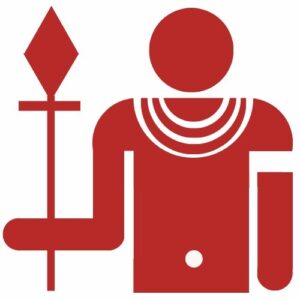The world of cryptocurrency has brought new technology that is changing the world’s financial system. It has also brought new terms and language, which can be bewildering and confusing. Whether you are just interested in understanding cryptocurrency better, or you want to trade, mine Bitcoin or transact, you should familiarise yourself with the jargon.
Marius Reitz, General Manager for Africa at Luno, unpacks the most popular crypto-related terms to help you make sense of it all. Next time a crypto enthusiast says, “Don’t listen to FUD, just HODL your Bitcoin and head to the moon!” you’ll definitely know what they mean.
HODL – this means to hold (not sell) your cryptocurrency. The term became popular in 2010 when a typo in a Bitcoin forum went viral. The typo was retrofitted as an acronym for “hold on for dear life” due to Bitcoin’s volatility.
FOMO – fear of missing out is not only used in crypto, but the crypto version of it comes into play when you see a coin doing very well and are worried you may be missing out on an investment opportunity.
FUD – ‘fear, uncertainty and doubt’ is used to describe the bad news that seems to take hold when critics of crypto start talking. While FUD appears to be negative, it can be a boon to traders when the dips come around as they can buy crypto cheaper.
ATH – all-time high, or the highest historical price of a specific cryptocurrency.
Whale – a large crypto investor with a substantial amount of capital. Often whales are the market-movers for small coins.
Blockchain – a decentralised network that records transactions, much like a traditional ledger. These transactions can be any movement of currency, goods or secure data.
Pump and dump – the recurring cycle of spikes in price which are then followed by a huge price crash. Traders who pump buy large volumes and when other investors buy more, they dump or sell their coins at a higher price.
Fiat – conventional or government-issued money (your local currency).
Mining – the committing of computer hardware to process transactions on a blockchain (Bitcoin or otherwise). Miners do this to receive mining rewards paid in Bitcoin.
Halving – the Bitcoin halving is a recurring event built into its protocol which halves the number of Bitcoin awarded to miners. The most recent halving occurred on 11 May 2020.
Wallet – software with which you send and receive cryptocurrency. Remember, the coins are stored on the blockchain. The wallet contains the private keys that authorise the owner to send these coins to another wallet.
Exchange – an online trading platform where you can exchange one cryptocurrency for another cryptocurrency or for fiat currency.
Bull run – a period when prices rise in the cryptocurrency market.
Bear run – a period when prices drop in the cryptocurrency market.
Bitcoin – Bitcoin (BTC) is the first cryptocurrency to ever be created and remains the world’s most popular and leading cryptocurrency by market cap.
Altcoins – any cryptocurrency other than Bitcoin. These newer coins are called ‘alternative coins’ or ‘altcoins’ as they are alternatives to Bitcoin.
Stablecoins – cryptocurrencies that are pegged to more stable assets such as fiat currencies (US dollars, Japanese yen, etc.) to reduce price volatility.
Central Bank Digital Currencies (CBDCs) – cryptocurrencies that are created or backed by a country’s central bank. It is expected that most countries will digitise their national currencies in the future. For instance, the South African Reserve Bank is investigating the possibility of a digital currency backed by the rand.


